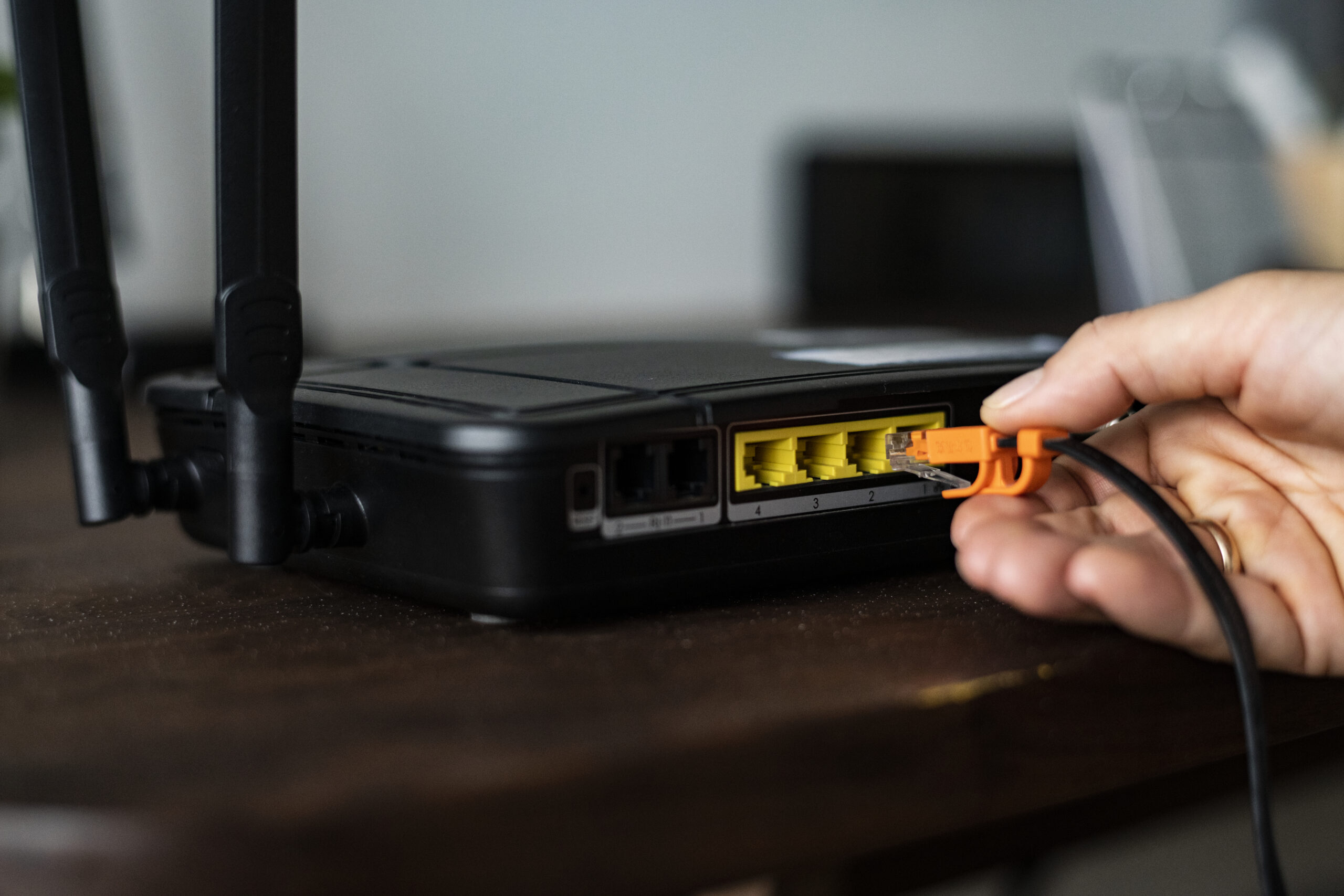How Does a Router Work and How It Helps You Get Better Speeds
In today’s world, staying connected is a must – whether it’s for streaming your favourite shows, working from home, gaming, or just scrolling through socials. But what keeps all your devices online and your internet experience running smoothly? Enter the unsung hero of your home network: the router. So, how does a router work, and why does it matter when it comes to your internet speed? Let’s break it down.What Is a Router?
A router is the device that connects your home network to the internet. Think of it like a traffic director. It takes the internet signal from your modem (or your NBN connection point if you’ve got a modern setup), and routes that signal to your devices – like your phone, laptop, smart TV, or gaming console – either wirelessly (Wi-Fi) or through an Ethernet cable. It’s also responsible for managing traffic between all your connected devices, making sure each one gets the data it needs when it needs it. Without it, your devices wouldn’t be able to talk to each other or access the web.How a Router Affects Your Speed
Even if you’re on a fast plan (like Move Up’s lightning-fast 1000Mbps service), your internet experience can be slowed down by a poor-quality or outdated router. Here’s why:- Signal Strength and Coverage
- Bandwidth Management
- Wi-Fi Standards
Want Faster Speeds? Start With Your Router
At Move Up, we’re all about helping you get the most out of your internet. That’s why we always recommend using a high-quality, up-to-date router – especially if you’re on one of our high-speed plans. Here’s a quick checklist to help boost your speeds:- Place your router in a central, open spot in your home
- Keep it off the floor and away from large metal objects or thick walls
- Make sure your router supports Wi-Fi 5 or Wi-Fi 6
- Reboot it occasionally to clear up digital clutter
- For devices that need extra speed (like your PC or gaming console), plug in via Ethernet

